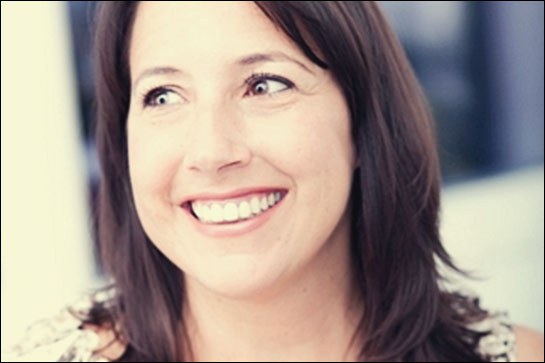Before Gen Y was old news, I earned $15, 000 per speech to tell companies how Generation Y would change the workplace. Now we don’t need any predictions. We can all see for ourselves.
But now people ask me about Generation Z. “How will they change work?” I’ve been investigating this question for about four years, and at this point I’m pretty certain that Generation Z will make their imprint at work by being incredibly prepared for work.
Gen Z will have an education that is practical. College is widely seen as worth far less than its price tag in most cases. Graduate school is an anachronism, now seen by many (including the Chronicle of Higher Education) as a babysitting service for adults.
So I started thinking, if Gen X ers – the parents of Gen Z – are not buying into the education system, then what will happen?
The answer is that Gen Z will be homeschooled much more frequently than any generation before them, and Generation Z will understand how to synthesize data, self-direct learning, and ask the kinds of questions that make or break companies.
The portion of Generation Z that gets the old-fashioned, classroom-based education, will end up being unprepared to compete.
I looked around me to check this conclusion and I was shocked by three people in my life.
Lisa Nielsen. She is head of NYC public school teaching training and technology. She is at the forefront of public school reform yet she is a huge, huge supporter of the homeschool movement. And she has been sending me data points, and research for the last three years trying to get me to homeschool my kids. Her blog is The Innovative Educator and I can’t recommend it enough.
Brad Hoffman. I met him at Time Inc, when he was in charge of the education programs and I was educating people on how to deal with Gen Y. We became friends and I’ve watched him launch his own education company, My Learning Springboard.
As soon as I heard him talking about the courses they offer, and the parents who were buying them, I panicked. Education was becoming more innovative, customized, and intensive than anything I had ever imagined. Kids were taking Japanese after school and Spanish in school. (You can hire Brad’s company to do the whole Japanese program, in your house. Or Hebrew. Or Russian. Or Arabic.)
Anything you can imagine, Brad can get someone who is amazing to teach it. But here’s what really got me: All the stuff I couldn’t imagine. He offers a class to teach ten-year-olds math through investing. He offers architecture history by wandering around New York City. I want that kind of education for my kids.
Kate Fridkis. She writes a blog called Eat the Damn Cake, and she was homeschooled. I have asked her a million questions about her mom. Because I like Kate. She is fun and quirky and she is doing well navigating the transition to adulthood. I ask her how her mom did it, and what was it like?
Kate told me her mom was fantastic as a homeschooling mom, but Kate wishes her mom had had more self-confidence. Kate saw that her mom was worried the whole time – worried she wasn’t doing everything right.
So this blog is about me, figuring out what to do with my kids’ schooling. I want to be brave and homeschool. But I’m afraid I’m like Kate’s mom. Probably very confident but totally terrified.
And maybe I’m not like Kate’s mom. Because I’m not sure I’m going to take the leap. I’m scared it’s the wrong decision. I thought we could discuss it as a community, though. Because if you have kids, you should be as worried as I am. And if you don’t have kids, you should realize that Generation Z is the next group to be biting at your heels – all of our heels – at work.

